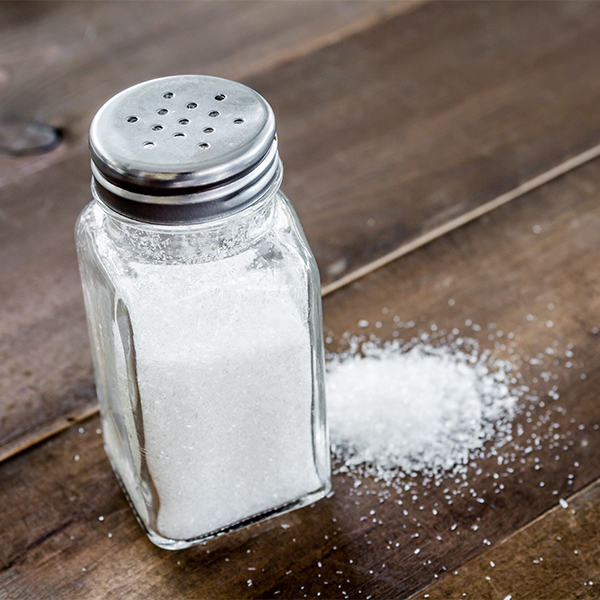The FDA issued final guidance, Wednesday, for voluntary, short-term sodium reduction targets for a range of processed, packaged, and prepared foods to help reduce the amount of sodium in the U.S. food supply. The targets are designed to support decreasing average daily sodium intake by about 12 percent, from approximately 3,400 mgs to 3,000 mgs per day.
Sodium reduction is a critically important public health issue, said the FDA, because Americans 14 and older consume on average 50 percent more than the recommended limit.
The reduction is expected to result in tens of thousands of fewer cases of heart disease and stroke and billions saved in healthcare costs. The FDA believes these targets are feasible to achieve in two and a half years and covers both manufactured foods and foods prepared by commercial establishments, such as restaurants. About 70 percent of the sodium consumed in the U.S. comes from packaged, prepared, and restaurant food, so successful sodium reduction depends on reducing sodium broadly and gradually across the food supply.
The sodium guidance finalizes, in part, a draft guidance from 2016 that provided short-term (2-year) and long-term (10-year) targets for sodium content in commercially processed, packaged, and prepared foods. The FDA received about 200 comments on the draft guidance.
The FDA has modified the voluntary sodium targets, timeframe, certain food categories, and descriptions in the final guidance. The guidance extends the milestone date for the short-term goals from 2 years in the draft guidance to 2.5 years from the publication of the final guidance.
The FDA is not finalizing the long-term (10-year) sodium reduction targets. The agency will continue its dialogue with industry, monitor and evaluate progress in achieving the short-term targets, and expects to issue revised subsequent targets in a few years and continue a gradual, iterative process to reduce sodium intake. This voluntary, iterative approach is similar to approaches successfully implemented in other countries.
Related: Instacart: Health, Wellness Items Sales Increase; EU Food Companies Sign Sustainability Code of Conduct

